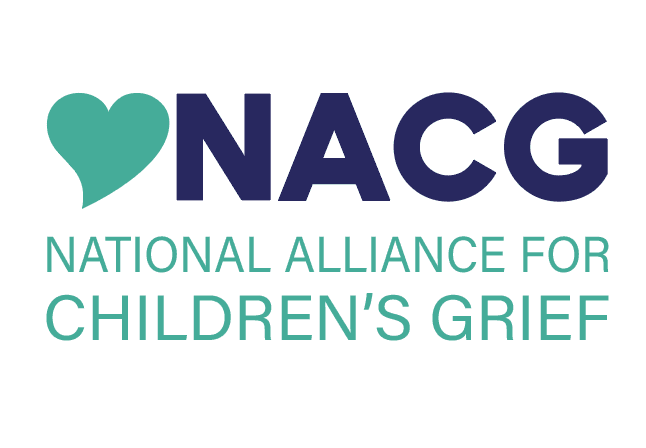When a loved one dies, a myriad of emotions can be experienced by those affected by the loss - from feelings of anger and despair to feelings of sorrow and desolation. Bereaved individuals may express their grief and cope with their pain in a multitude of ways. Unfortunately, some might turn to pernicious coping mechanisms such as alcohol and drugs, in an effort to alleviate their anguish. As such, this article will examine the existing literature regarding substance use and bereavement and also discuss current research findings among a sample of women residing in Miami, FL.
A literature search revealed a somewhat limited amount of research examining substance use as a result of bereavement. However, of the literature found, it is indicated that individuals who have suffered from recent losses report elevated rates of alcohol and substance use.
Research suggests that bereaved individuals represent a higher proportion of individuals seeking alcohol or drug treatment. Li et al. (2005) found that parents who lost a child were at an increased risk for hospitalization for substance abuse compared to parents who had not lost a child. Bereaved mothers also appear to be especially at risk, with a 50% higher hospitalization rate than non-bereaved mothers.
In accordance with these findings, another study revealed a high rate of complicated grief among patients in a methadone maintenance program (Zuckoff, Shear, et al., 2006). Prior research concurs with these findings. Blankfield (1982) found that individuals reporting recent bereavement were more highly represented in an alcohol treatment program, with 20% of individuals reporting intense grief or significant bereavement at the time of admission.
In a study investigating young widows and widowers residing in Boston, findings revealed that self-reported consumption of alcohol, tobacco, and tranquilizers increased following the loss of their loved one (Murry & Brown 1972). Another study investigated alcohol consumption among recently widowed older men. According to their findings, recently widowed men drank significantly more than non-widowed men, with 18.9% of widowed men consuming 5 or more drinks a day, compared with only 8.3% of married men (Byrne et al.,1999).
Researchers investigating loss and trauma on substance use behavior after the 1995 Oklahoma City bombing found that "increased substance use was related to peritraumatic reaction, grief, posttraumatic stress, worry about safety, and trouble functioning" (Pfefferbaum et al. 2002). Moreover, they found the level of grief experienced was correlated with increased substance use.
Studies conducted after the September 11 terrorist attacks also found an increase in substance use. Of 988 persons surveyed, 28.8% reported an increase in alcohol, tobacco, or marijuana - with the majority reporting an increase in alcohol consumption (Viahov, Galela, Resnick, et al. 2002). While the individuals surveyed didn't necessarily directly lose a loved one, these data do indicate an increase in substance use following traumatic events.
In order to contribute to the literature, substance use and bereavement were examined among a sample of drug-involved women living in Miami, FL. These respondents are part of a larger research study called Women Protecting Women, which is examining case management alternatives for African-American women at high risk for HIV. Among a sample of 40 women who all reported to be drug-involved at their baseline interview, 47.5% (n=19) reported that they lost a significant person in their lives within the past 2 years. Of those reporting a loss, 63.2% (n=12) stated that the loss affected their drug use, and a whopping 83.3% stated that their drug use increased as a result of their loss. Although these findings have limited generalizability since the women responding were already drug-involved, these data to have implications regarding the effects of bereavement on drug use.
These findings coupled with the existing literature indicate that individuals who have suffered a loss are at an elevated risk for abusing substances, including alcohol. Furthermore, it is important to note that while alcohol and other drugs could temporarily relieve or reduce pain, in the long run grief could be prolonged by not letting one fully experience their emotions and feelings (Lord, 1994).
The Children's Bereavement Center urges you to seek professional help if you are concerned with your alcohol or substance use or you feel a loved one is at risk. For further information, visit The Substance Abuse and Mental Health Services Administration website at www.samhsa.gov to find substance abuse resources, FAQs, and online self-tests.
Acknowledgements: "Women Protecting Women" is supported by NIH Grant Number R01DA013131 from the National Institute on Drug Abuse.
References
Blankfield, A. (1983). Grief and alcohol. American Journal of Drug and Alcohol Abuse, 9, 435-446.
Byrne, G.J.; Raphael, B.; Arnold, E. (1999). Alcohol consumption and psychological distress in recently widowed older men. Australian and New Zealand Journal of Psychiatry, 33, 740-747.
Li, J.; Luarensen, T.M.; Precht, D.H.; Olsen, J.; Moretensen, P.B. (2005). Hospitalization for mental illness among parents after the death of a child. The New England Journal of Medicine, 352, 1190-1198.
Lord, J.H. (1994). Your Grief: You're not going crazy. Mothers Against Drunk Driving.
Pfefferbaum, B.; Vinekar, S.S.; Trautman ,R.P.; Lensgraf, S.J.; Redy, C.; Patel, N.; Ford, A.L. (2002). The effect of loss and trauma on substance use behavior in individuals seeking support services after the 1995 Oklahoma City bombing. Annals of Clinical Psychiatry, 14, 89-95.
Zuckoff, A.; Shear, K.; Frank, E.; Daley, D.; Seligman, K.; Silowash, R. (2006). Treating complicated grief and substance use disorders: A pilot study. Journal of Substance Abuse Treatment, 30, 205-211.









